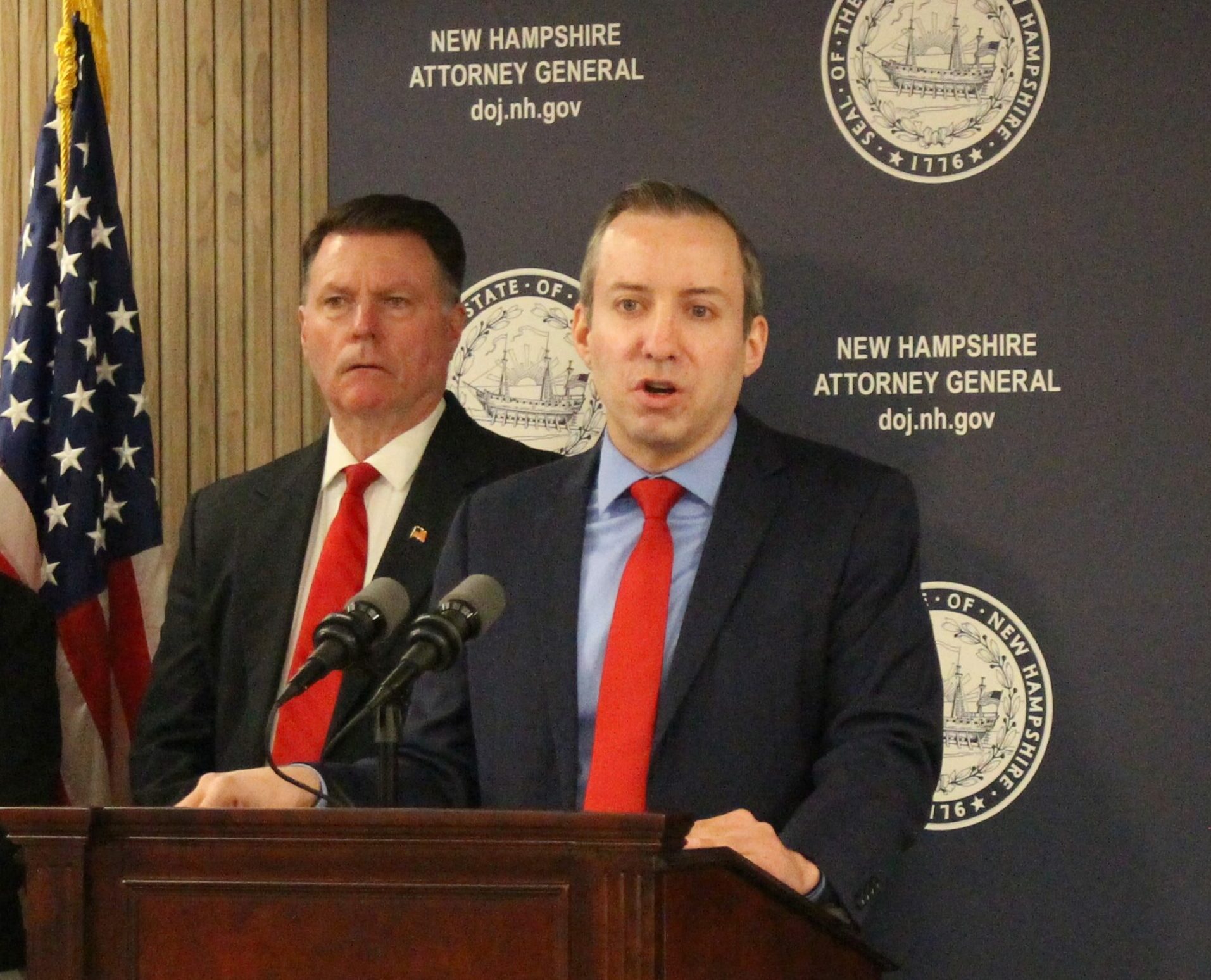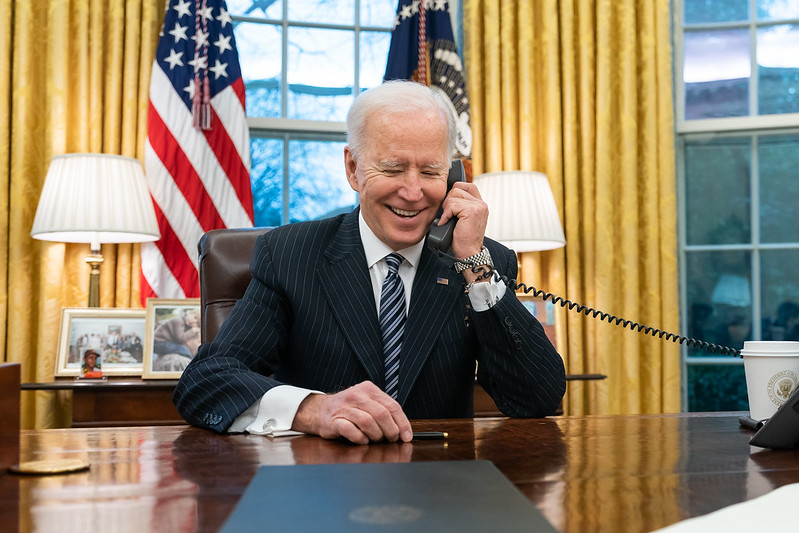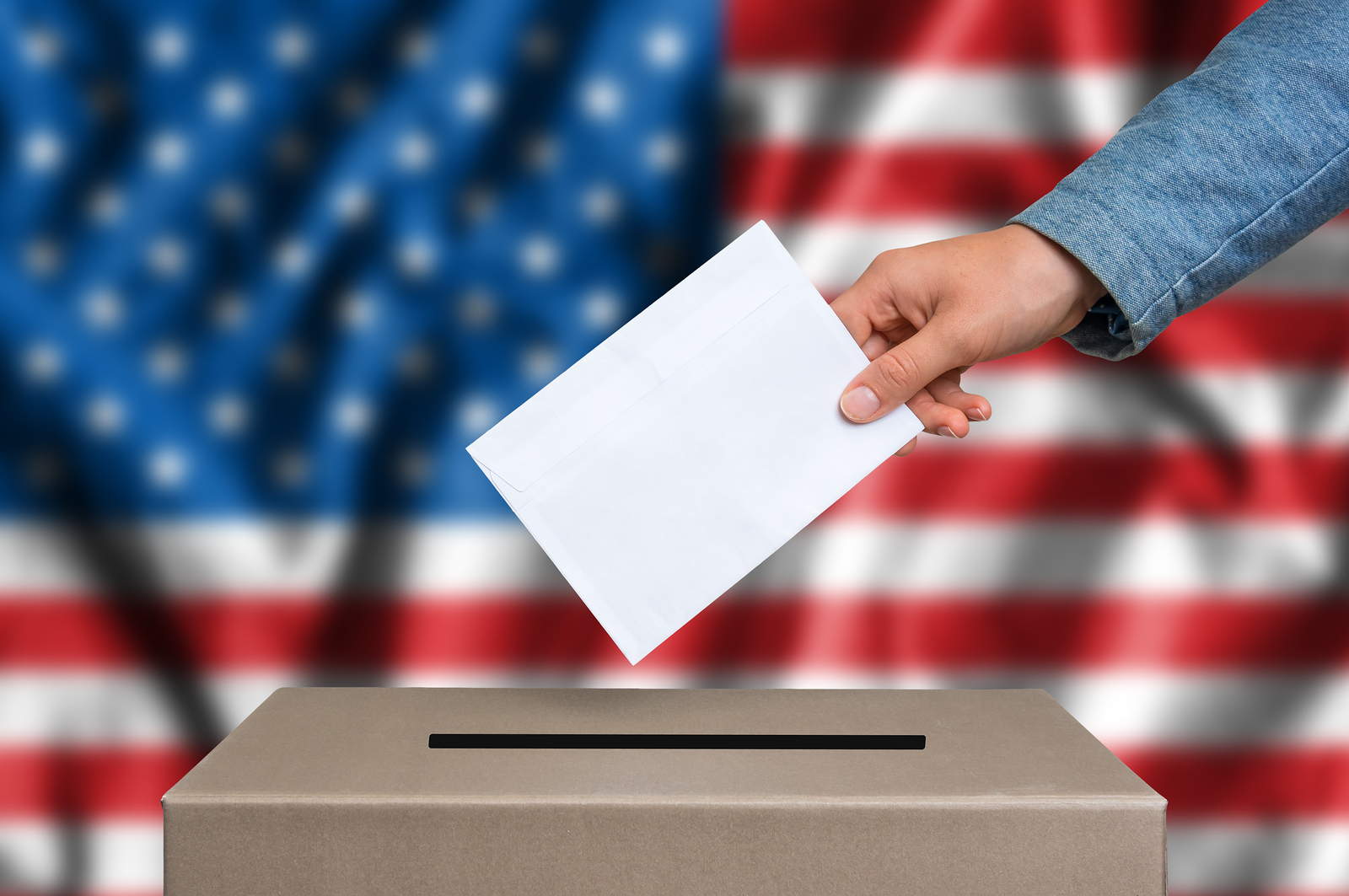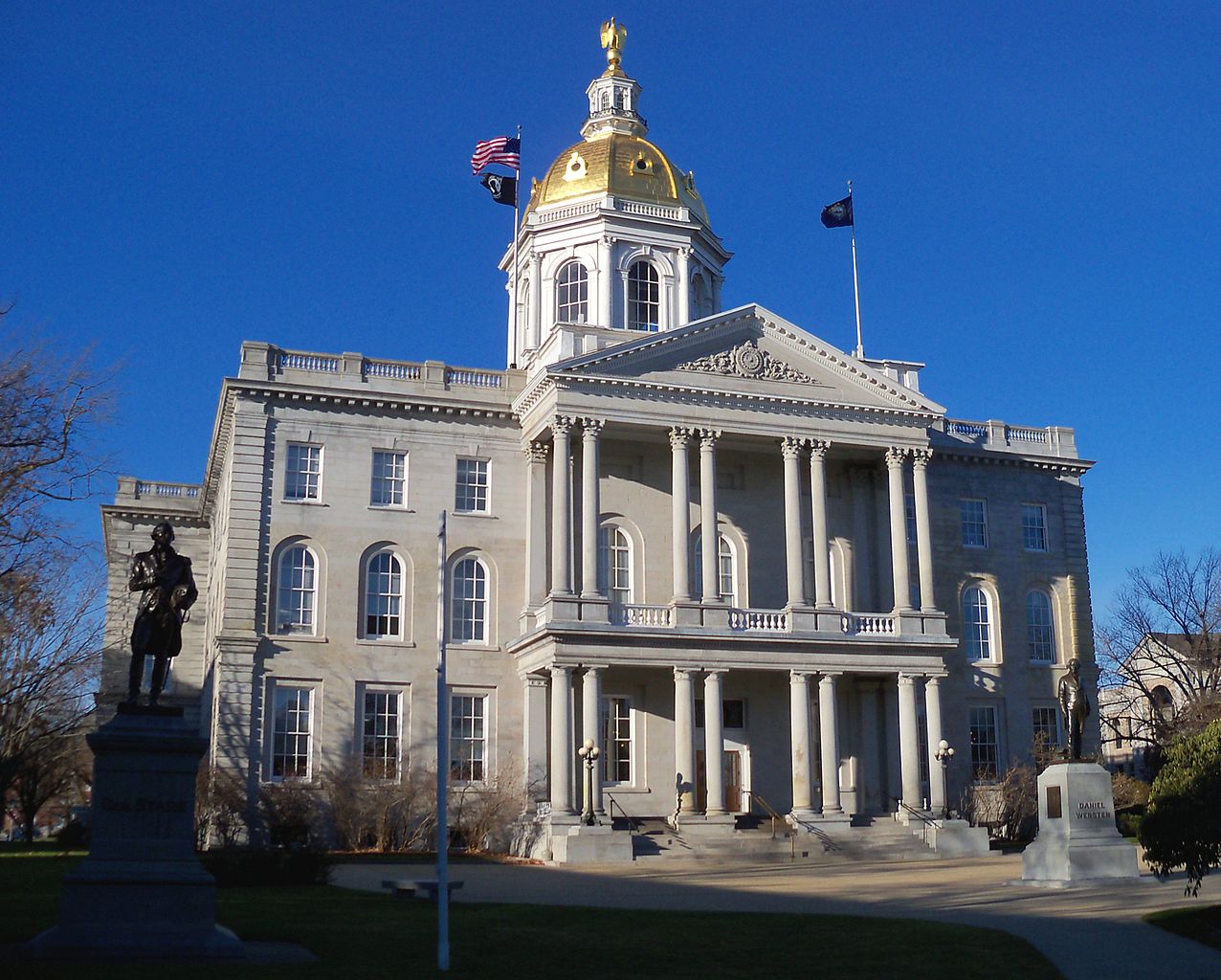Formella Names Firms Behind Bogus ‘Robo-Biden’ Calls Ahead of FITN Primary

Want to meet singles? Or maybe collect a debt? How about getting an AI Joe Biden to tell thousands of New Hampshire Democrats to skip voting?
They are the types of services allegedly provided by Texas entrepreneur Ray Monk’s automated phone system company, Life Corporation. On Tuesday, New Hampshire Attorney General John Formella named Monk as the man behind the tech that brought the Robo-Biden calls to the Granite State 24 hours ahead of the First in the Nation presidential primary.
Neither Monk nor Life Corporation responded to a request for comment.
Formella sent a cease and desist letter to Monk and Life Corporation, as well as to Texas phone service provider Lingo Telecom, as his office gathers evidence for a possible criminal case.
“We will not tolerate any action that seeks to undermine the integrity of our elections and our democratic process. The message to any person or company who would attempt to engage in these activities is clear, and it’s simple: Don’t try,” Formella said.
The fake Biden calls featured the AI-generated voice of the president telling Democratic voters to skip voting on primary day and instead vote in the November general election.
“Voting this Tuesday only enables the Republicans in their quest to elect Donald Trump again,” the Robo-Biden voice said. “Your vote makes a difference in November, not this Tuesday.”
Biden, who was not on the primary ballot, won an overwhelming victory with a write-in campaign. The head of the Democrats’ write-in campaign, former state party chair Kathy Sullivan, says she suspects the calls were an effort to keep self-identified Democrats from voting for Nikki Haley in the GOP primary.
Monk’s company specializes in creating automated calling systems and interactive virtual recordings for call centers. His business is also no stranger to allegedly skirting the law.
Monk’s Singles Telephone company, based in Texas, got in trouble back in 1990 for automated calls to Tennessee residents advertising a dating service, according to Talking Points Memo.
In 2003, the FCC issued a citation against Life Corporation and a host of AKA business entities for unsolicited robocalls. The AKA businesses had names like Confere Dating Game, Psychic Inroads, and Singles Telephone Company.
In the mid-2000s, then-Texas Attorney General Greg Abbott (now Texas governor) sued Monk and dozens of automated phone system companies for allegedly ignoring that state’s do-not-call registry.
Monk, 70, won the Fort Worth Inc. Entrepreneurs in Excellence Award in 2021 for the success of his polling business, Pollmakers. The company allows customers to create their own polls, and Pollmakers’ automated phone system then calls up to three thousand people per minute with the questions.
Lingo is the phone service Life Corporation used to get the calls out. Lingo representatives stopped the calls once they were contacted by authorities, though.
Formella said other entities were involved in the RoboBiden calls, but he is not naming them at this time. Those involved in making the calls could face state and federal criminal charges, though Formella conceded such investigations are time-consuming.
Formella’s claim he’s “sending a message of deterrence” to actors who might engage in illegal campaign activity is undermined by his office’s lack of action in another recent case. During the 2020 GOP primary in the Second Congressional District, a Massachusetts-based Democratic marketing firm sent illegal mailings to Republican primary voters. The mail shop doesn’t deny sending the mailers, and its activities were reported to both Formella and the Federal Election Commission. More than a year later, no action has been taken.
Asked about the mail shop case, Formella told NHJournal his office “is taking it seriously, we’re investigating thoroughly, and we’re going to take whatever action we can.”
“It often takes a long time to build a criminal case to get to the point where you can bring criminal charges,” Formella added. “We have a lot of work to do.”







